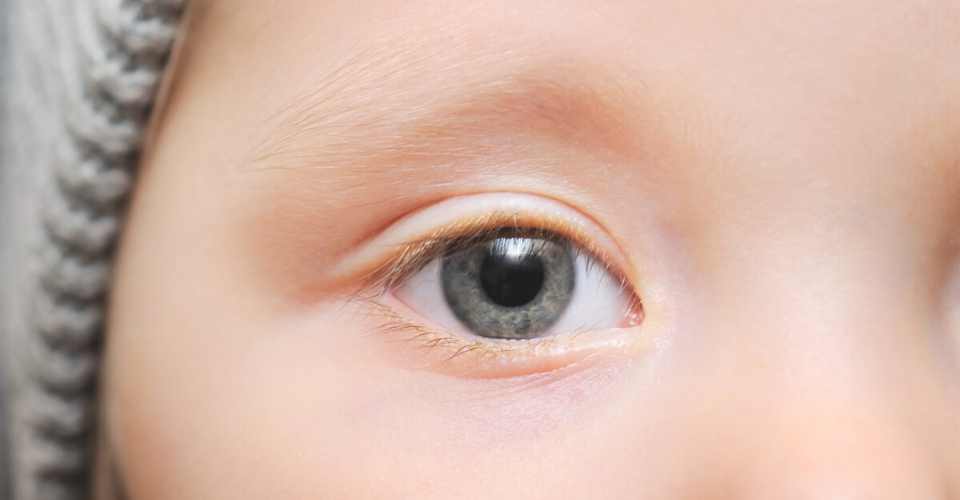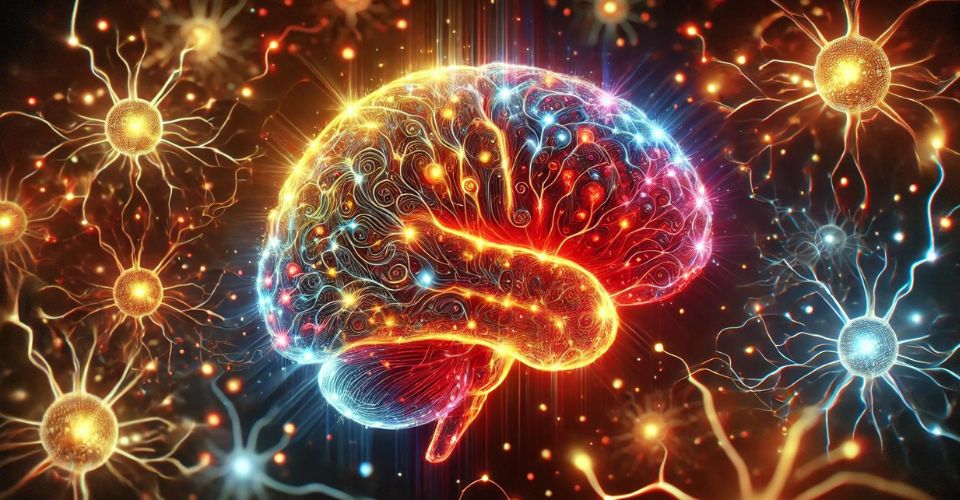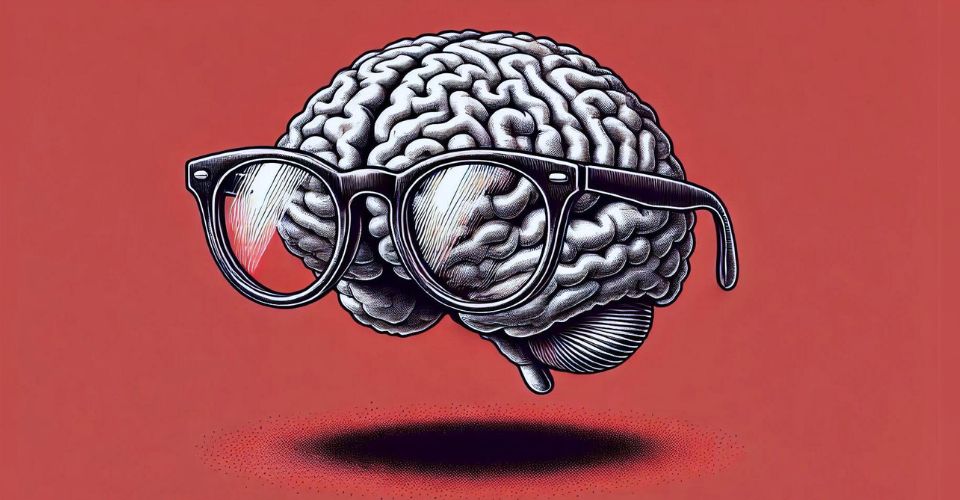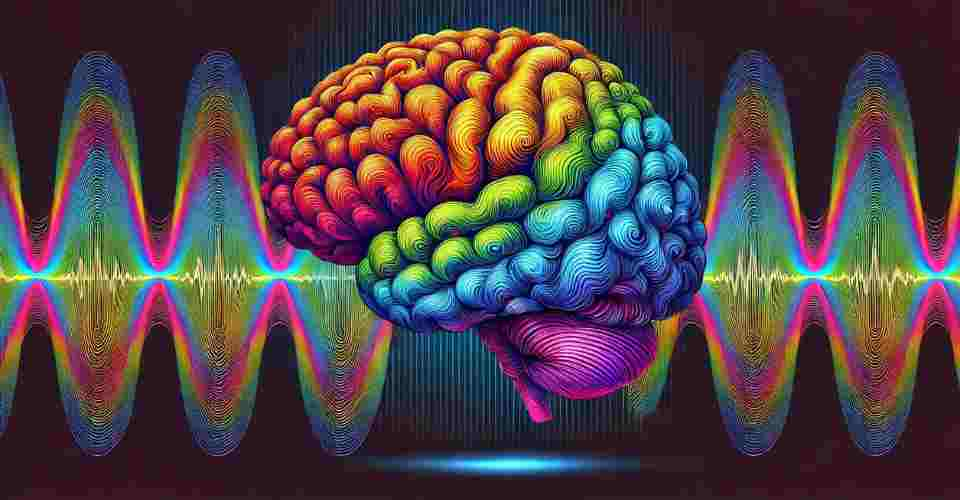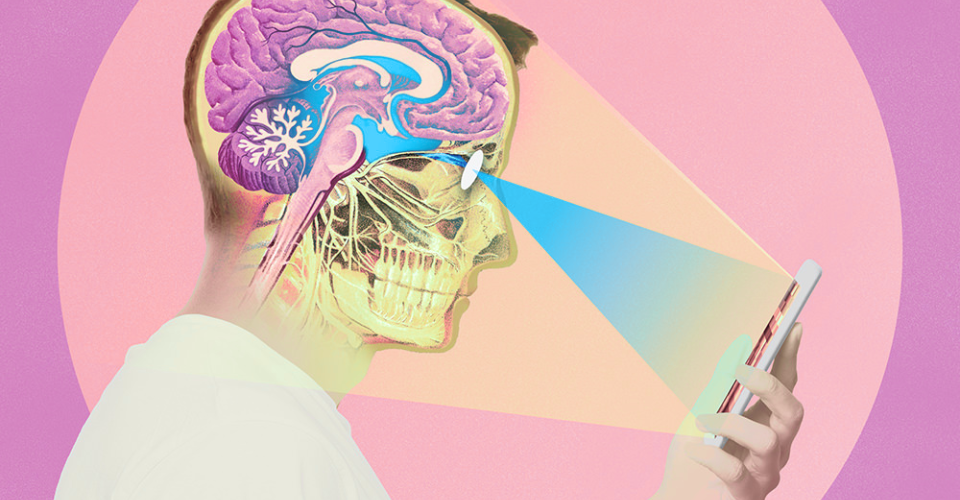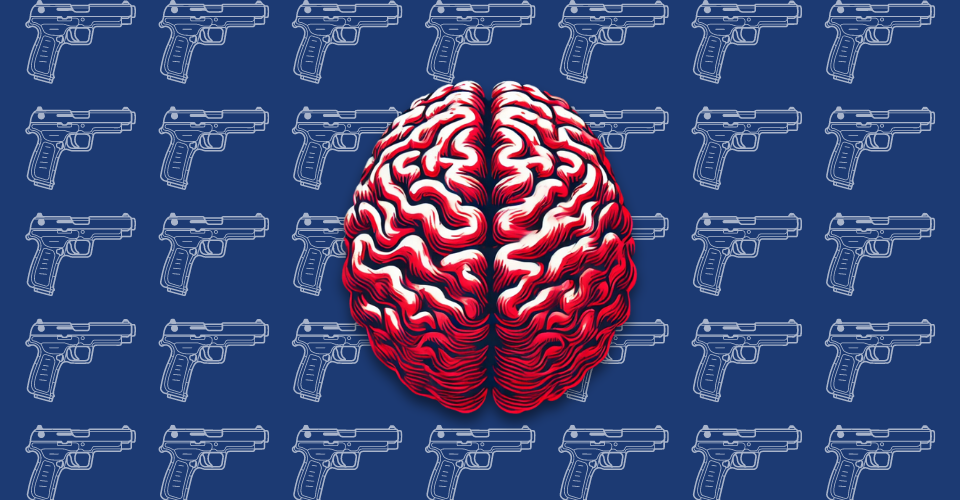A groundbreaking new highly effective depression therapy has emerged with early results suggesting it may surpass the current gold standard, Cognitive Behavioral Therapy (CBT), both in effectiveness and cost-efficiency.
Conducted by the University of Exeter and supported by the National Institute of Health and Care Research (NIHR), a pilot trial introduced Augmented Depression Therapy (ADePT), offering fresh hope in the realm of depression treatment. The promising findings have recently been published in the journal EClinical Medicine.
Depression, a pervasive mental health condition, poses a substantial global burden, contributing significantly to disability, and incurring extensive social and economic costs.
Existing psychotherapies for depression, such as CBT, often fall short in addressing certain key aspects of the condition, particularly anhedonia (reduced interest or pleasure) and well-being deficits.
ADePT seeks to fill this gap by placing equal emphasis on enhancing well-being alongside reducing depressive symptoms.
Professor Barney Dunn, a leading figure in Clinical Psychology at the University of Exeter, spearheaded the trial.
He explained, “Only around 60 percent of people will recover during our current best treatments like CBT, and about half of those will relapse within two years. In ADePT, we encourage clients to take a new perspective on their difficulties, aiming to learn to live well alongside depressed mood.”
ADePT sets a primary goal of helping clients identify their key values and what matters most to them in various life domains.
It guides them to take steps aligned with these values, navigate challenges, and seize opportunities to experience well-being and pleasure.
Katie, who has personal experience with ADePT, shared her transformative journey: “I’ve had a fairly long history of using mental health services, and that’s almost become my identity over the years.
My focus in treatment before had always been on trying to eliminate symptoms of mental illness. ADePT has changed my outlook to help me take steps to gain well-being, as well as allowing me to be more authentic and act in a way more aligned to my values.
ADePT is helping me make decisions that feel right and giving me more of an identity outside of mental illness, which is amazing. I’ve learned to be able to enjoy the good things in life that give me pleasure, even when I am having a difficult week. It really has changed things for me.”
The introduction of ADePT represents a significant advancement in the treatment of depression, addressing critical components of the condition often overlooked by conventional therapies.
By nurturing well-being alongside symptom reduction, this novel approach aims to offer individuals a more holistic and fulfilling path to recovery.
The impact of depression extends far beyond the individual, affecting families, communities, and society as a whole.
Therefore, finding innovative and effective treatments is a top priority in mental health research. ADePT’s focus on enhancing well-being not only has the potential to improve the lives of those living with depression but also to reduce the overall societal burden of the condition.
As the pilot trial of ADePT garners attention and recognition for its potential, researchers and mental health professionals are optimistic about its broader applications.
The therapy may bring about a paradigm shift in the way depression is treated, ultimately offering hope to millions of individuals worldwide.
Depression remains a global challenge, and the quest for more effective and accessible treatments is ongoing. ADePT’s emergence as a potential game-changer in depression therapy offers a ray of hope, emphasizing the importance of addressing not only the symptoms but also the individual’s overall well-being and quality of life.
With further research and exploration, ADePT could lead the way in revolutionizing how depression is understood and treated, offering a brighter future for those who face this debilitating condition.



